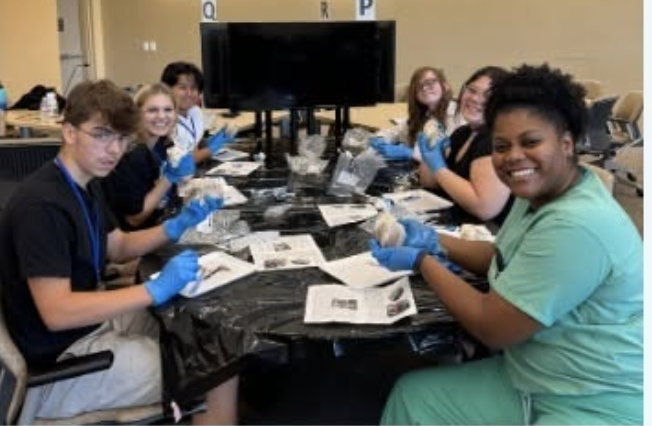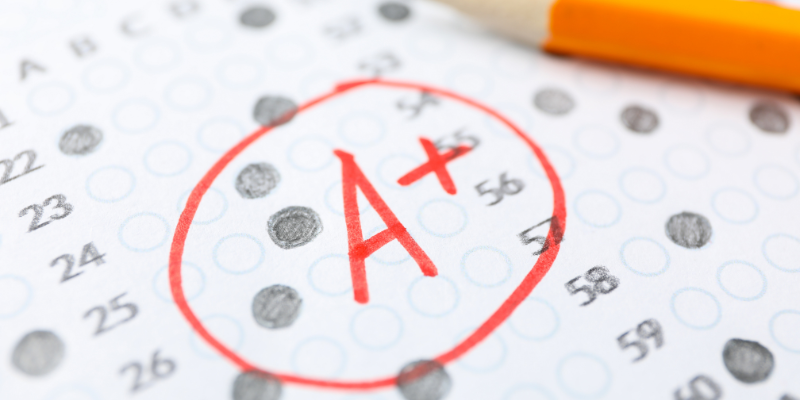Generation Cheat?
Cheating: almost everyone knows it’s wrong, but why do students still do it? Nowadays, the pressure to succeed looms over high school students who hope to get good grades and impress their parents, prompting the idea of cheating to successfully get by. Possibly the worst kind of cheating, it is used deliberately to create an unfair advantage in school.
With websites like Slader, Quizlet and the use of technology, cheating becomes easier, and almost tempting. The lines between what is considered cheating and what is honest work have become easily blurred in school.
A Josephson Institute’s Center for Youth Ethics Report of 70,000 high schoolers showed that 95 percent of them admitted to some form of cheating. About one out of every third person claimed to have use the internet in some way for answers.
With so many people cheating in different ways, the stigma against it lessens, and makes it more acceptable in school. Many cheat on assignments to not be behind in school or try to decrease the advantage that others may have on them.
Cheating isn’t always a result of pressure. Many students feel that their school work is boring or pointless; that working hard on a particular assignment or studying for a test shouldn’t matter so they use alternative resources to make sure they put the smallest effort possible in that specific task.
Oftentimes, students genuinely don’t understand their work but desperately want to finish it, so they turn to websites with answers instead of turning to their teachers for help.
“With kids that cheat, they’re sacrificing their education,” said senior Andrew Wilson. “You’re not going to learn if you cheat all the time.”
Technology normalizes cheating with apps that allow thousands of students to share similar answers or send pictures of notes. It is so common, the definition of cheating has become obscured.
Many have different ideas of what they consider cheating in school, with some feeling like something as simple as sharing notes is cheating whereas others disagree with that and only consider cheating as using someone else’s answers on a test.
“I see kids share notes all the time,” said Wilson. “That’s honestly how kids pass classes these days, by airdropping notes or cheating on tests.”
This pressures students into cheating, although it might not seem like it. Many send pictures of assignments to “be a good friend” or don’t think twice about their actions.
This makes cheating seem more like sharing or helping rather than cheating itself. It has become so prevalent, that many don’t know they are doing it, or don’t understand the consequences.
One issue is that 95 percent of high schoolers have admitted to cheating, which normalizes cheating and alters the standards of what constitutes punishment for it.
If so many people use apps like Quizlet for answers, it reduces the consequences that students will have for using it, because some teachers would rather let the student copy answers and not pass the test rather than handle the situation directly.
Students always seem to be one step ahead of teachers, finding ways to share their work and release some of the pressure on themselves from looming assignments as a way of working together.
Some teachers exercise leniency with allowing students to share things like notes while others have strict policies considering sharing of any work amongst students as cheating.
Other teachers prohibit typed notes and require hand only notes as an attempt to reduce the temptation of sharing notes and try to make students learn the material.
Large debates surround cheating in all of its extremes. With more students turning to the internet for help, the cheating epidemic will continue when students continue to develop new strategies to gain an advantage in their studies.
See related story:
Some teachers make it easy for students to cheat









































